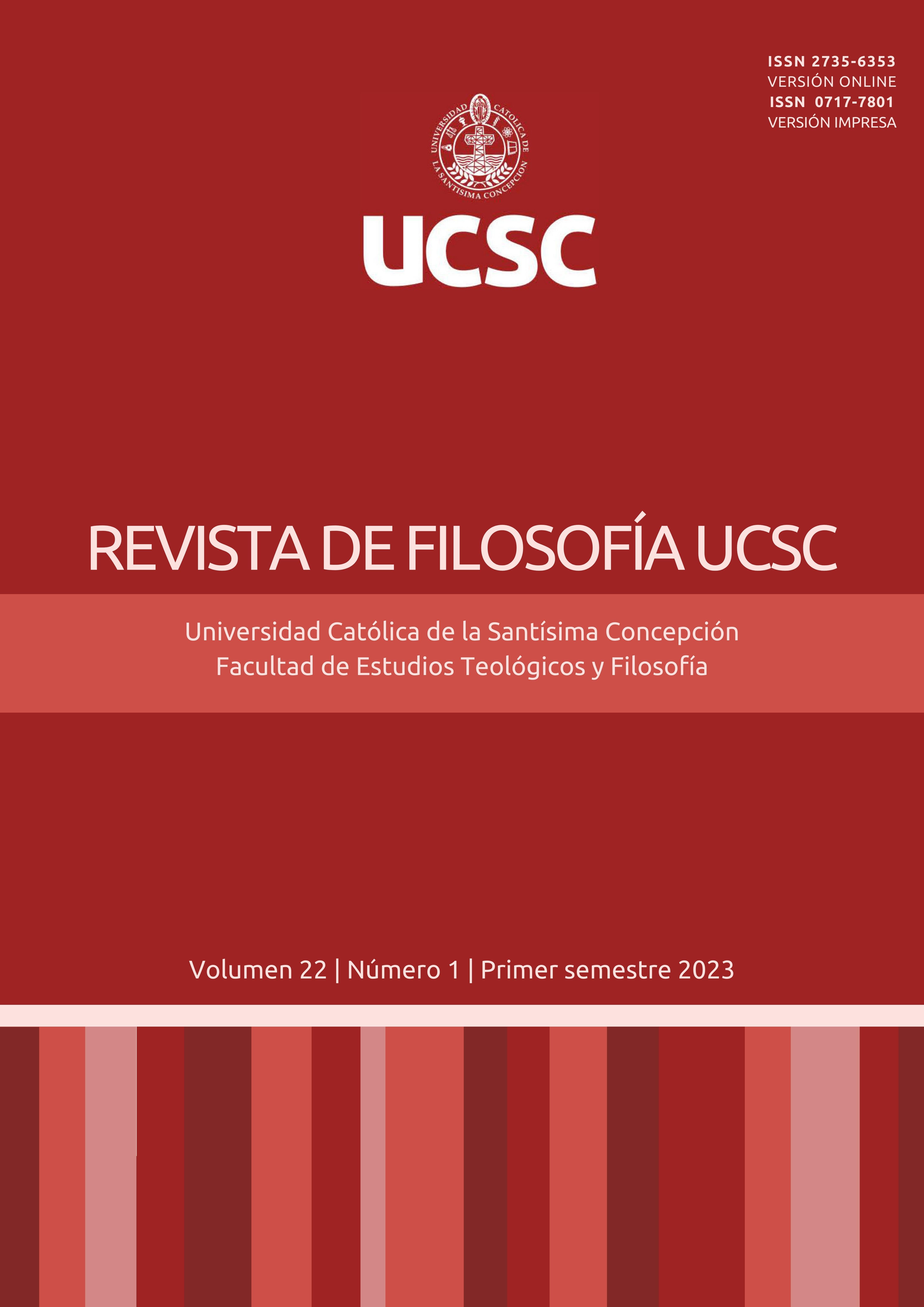Order and disorder of the heart: Schelerian notes on evaluative deceptions
Main Article Content
Abstract
The moral value of our practical life depends on our knowledge of values. Moreover, according to Scheler, the adequate intuition of a fully given value necessarily motivates our will to the realization of that value. But it is rather the case that values of different kinds are given to us in varying degrees of inadequacy. For this reason, we are subject to possible value delusions and, therefore, to the possibility of an ethically bad life. In order to show the forms and sources of a priori identifiable value deception, this article addresses, first, the stratified correlation between values and intentional emotions on the basis of the Schelerian meanings of the concept of ordo amoris; secondly, it considers some “measures of knowledge” in order to distinguish two major types of disorder of the ordo amoris based on different forms of delusions or illusions of feeling, preferring and loving.
Article Details
Section

This work is licensed under a Creative Commons Attribution-NonCommercial 4.0 International License.
The Revista de Filosofía UCSC is an open access journal and does not charge for publication. In addition, it regulates its Copyright and access policy according to the Creative Commons Attribution-NonCommercial 4.0 International Public License (CC BY-NC 4.0), therefore sharing (reproducing and distributing the material in any medium or format) and adaptation (modifying, transforming, and creating from the material) is allowed as long as proper credit is given and the citation is included with the corresponding data. Moreover, it is not allowed to use the material for commercial purposes.
How to Cite
References
Chu, M. (2020). ¿Qué significa vivir éticamente? Una “disputa fenomenológica” a partir de Husserl y Scheler. En Chu, Mariana y Rosemary Rizo-Patrón (eds.), La racionalidad ampliada. Nuevos horizontes de la fenomenología y hermenéutica (pp. 251-280). Aula de Humanidades/Fondo Editorial PUCP.
Fernández-Beites, P. (2013). La intencionalidad secundaria de las emociones. Dianoia, LVIII, 70, 3-34.
Frings, M. (1972). The Ordo Amoris in Max Scheler. Its Relationship to his Value Ethics and to the Concept of Resentment. En Smith, F.J. et al (eds.), Faces of Eros. (40-60). Martinus Nijhoff,.
Iocco, G. (2022). Scheler’s Anti-Representationalism: From Moral Illusions to Moral Facts. En Gottlöber, Susan (ed.), Max Scheler in Dialogue (pp. 17-30). Springer.
Leonardy, H. (1976). Liebe und Person. Max Schelers Versuch eines phänomenologischen Personalismus. Martinus Nijhoff.
Palacios, J. (2002). Preferir y elegir en la ética de Scheler. Revista de Occidente, 250, 39-55.
Sander, A. (2003). Normative und deskriptive Bedeutung des ordo amoris. En Bermes, Christian, Wohfhart Henckmann y Heinz Leonardy (eds.), Vernunft und Gefühl. Schelers Phänomenologie des emotionalen Lebens (63-79). Königshausen & Neumann.
Scheler, M. (1998). El resentimiento en la moral. Caparrós; (2017). Vom Umsturz der Werte. Bouvier (citado como GW 3).
Scheler, M. (2001). Ética. Caparrós; (2002) Der Formalismus in der Ethik und die materiale Wertethik. Bouvier (citado como GW 2).
Scheler, M. (2003). Los ídolos del autoconocimiento. Sígueme; (2007) Die Idole der Selbsterkenntnis. Bouvier (citado como GW 3).
Scheler, M. (2005). Esencia y formas de la simpatía. Sígueme; (1973) Wesen und Formen der Sympathie - Die deutsche Philosophie der Gegenwart, Gesammelte Werke, tomo VII. Francke (citado como GW 7).
Scheler, M. (2008). Ordo amoris. Caparrós;(1957) Ordo Amoris. Schriften aus dem Nachlass, vol. I: Zur Ethik und Erkenntnislehre, Gesammelte Werke, t. X. Francke (citado como GW 10).
Scheler, M. (2011). La esencia de la filosofía y la condición moral del conocimiento filosófico (con otros escritos sobre el método fenomenológico). Encuentro; (2000) Vom Wesen der Philosophie und der moralischen Bedingung des philosophischen Erkennens. Vom Ewigen im Menschen. Bouvier (citado como GW 5).
Scheler, M. (2018). Modelos y líderes. Sígueme; (1957) Vorbilder und Führer, GW 10. Bouvier (citado como GW 10).
Spader, P. (2002). Scheler’s Ethical Personalism. Its Logic, Development, and Promise. Fordham University Press.
Zhang, W. (2011). Person und Selbstgefühl im phänomenologischen Personalismus Max Schelers. Studia Phænomenologica, XI, 265-284.




